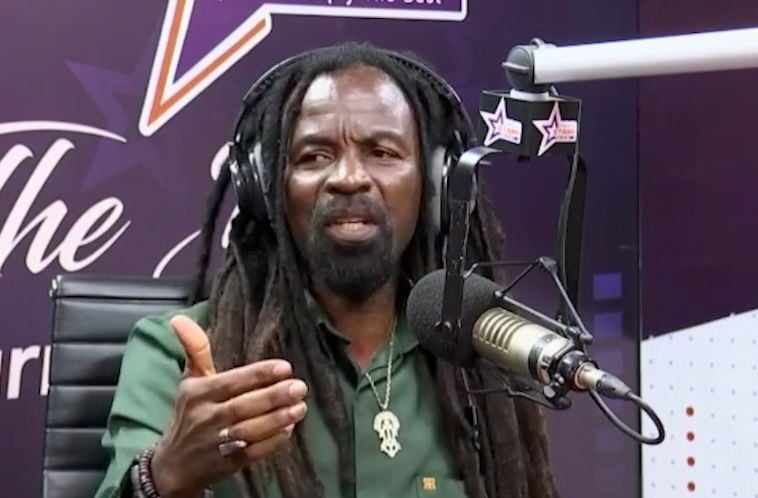Rocky Dawuni, a multiple Grammy-nominated reggae artist, has advocated for prioritizing Ghanaian music within the country’s 24-hour economy initiative. He posits that integrating local music airplay into this ambitious policy would not only bolster the entertainment industry but also stimulate economic growth and job creation. The 24-hour economy, launched in 2025 by the then-ruling National Democratic Congress (NDC) government, aims to incentivize businesses to operate around the clock, thereby enhancing productivity, exports, and overall economic stability. Dawuni’s argument stems from the observation that Ghanaian airwaves are often dominated by foreign music, hindering the growth and recognition of local talent.
Dawuni’s core argument centers on the idea that a thriving local music scene is essential for a robust 24-hour economy. He criticizes the prevalence of foreign-curated playlists in Ghanaian clubs and on radio stations, highlighting the missed opportunity to promote and celebrate homegrown talent. He believes that relying on external sources to dictate musical tastes undermines the potential of Ghanaian artists to contribute to the national economy. By promoting local music, he argues, Ghana can cultivate its own distinct cultural identity while simultaneously creating economic opportunities for musicians, producers, and other stakeholders within the music industry.
The 24-hour economy, in Dawuni’s view, presents a unique platform to showcase and support Ghanaian artists. He envisions a scenario where local music is played continuously on Ghanaian radio stations, fostering a sense of national pride and providing consistent exposure for local talent. This increased visibility, he believes, would translate into greater economic opportunities for musicians, as higher demand for their music would lead to increased revenue from sales, performances, and royalties. This, in turn, would contribute to the overall growth of the music industry and its contribution to the national economy.
Dawuni emphasizes the interconnectedness of cultural development and economic growth. He asserts that neglecting local artists hinders their ability to contribute meaningfully to the economy. By fostering a supportive environment for local music, Ghana can unlock the economic potential of its creative talent. This, he argues, is crucial for the success of the 24-hour economy, as a vibrant entertainment sector can attract investment, generate employment, and contribute to the overall dynamism of the economy.
The importance of supporting local artists extends beyond mere economic considerations. Dawuni argues that promoting Ghanaian music is crucial for preserving and celebrating the country’s cultural heritage. By showcasing the diversity and richness of Ghanaian music, the country can strengthen its national identity and project a positive image to the world. This cultural capital, he suggests, can also be leveraged to attract tourists and further boost the economy.
In conclusion, Rocky Dawuni’s call for prioritizing Ghanaian music within the 24-hour economy framework is a multifaceted argument. It encompasses economic considerations, cultural preservation, and the promotion of national identity. He believes that by embracing and supporting homegrown talent, Ghana can not only enrich its cultural landscape but also unlock significant economic potential within the music industry, contributing to the overall success of the 24-hour economy initiative. He envisions a symbiotic relationship where the promotion of local music fuels economic growth, and the robust economy, in turn, provides further opportunities for the flourishing of Ghanaian music.


